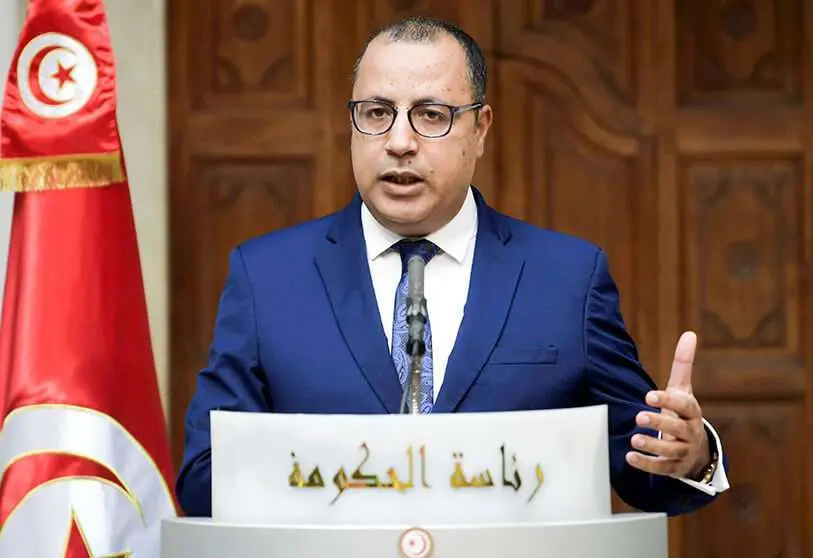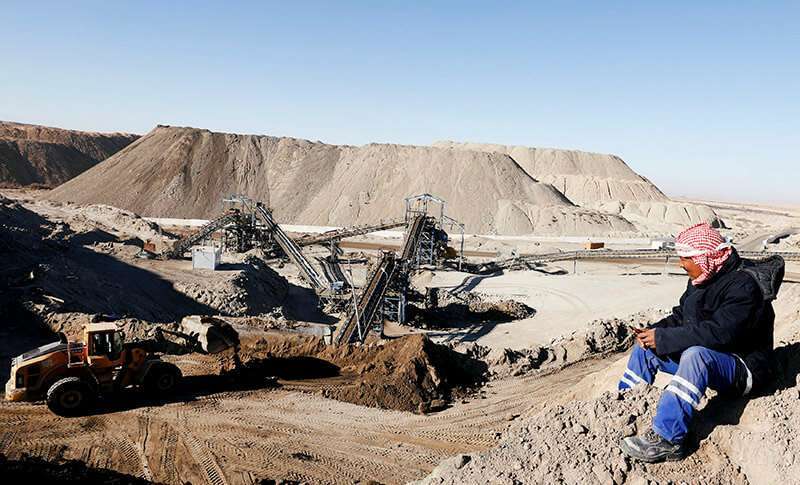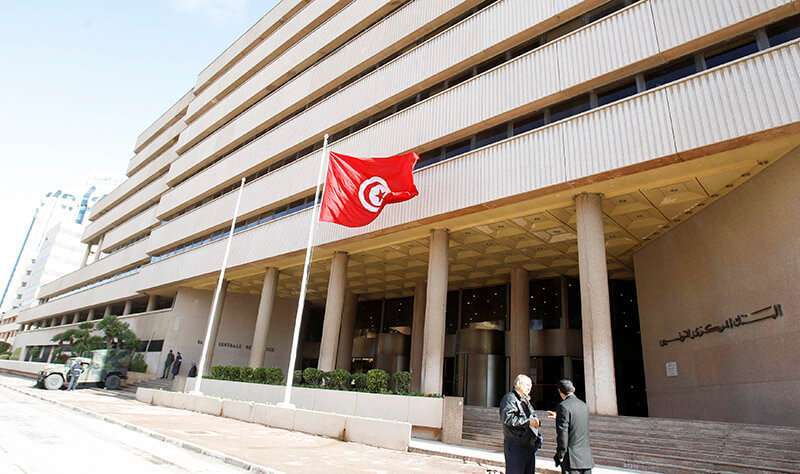Tunisia's economy falters in the face of the health crisis

The absence of political stability in Tunisia and the sudden changes of government (three in the last year) have created divisions in Parliament and tension among citizens. This has caused common policies to alleviate the pandemic and tackle economic difficulties to be hampered and delayed. Economic observers have warned Prime Minister Hichem Mechichi that the effects of the crisis will be strongly felt in the country in the coming years.
The head of government, Hichem Mechichi, said at a press conference on Tuesday at the end of his meeting with economic experts that "the history of Tunisia has not known an economic and social crisis like the present one". Mechichi added that "the coronavirus has aggravated the social crisis". The pattern is repeated internationally, the coronavirus crisis is taking its toll everywhere and the countries with the weakest economies are beginning to prepare recovery plans.
Experts have conveyed their fears to Prime Minister Mechichi about the possible bankruptcy of the country, which has been caught up in a wave of protests. The interruption of production in certain sectors such as oil due to the pandemic has been described by the prime minister as a serious mistake. After listening to all the recommendations, Mechichi declared that: "In the future the state will not accept the suspension of economic activities".
Both the production of crude oil and the closure of the railway to transport phosphates are directly affecting the country's economy and the president has reiterated on several occasions that "these measures will not be taken again, because this means cutting off the livelihood of Tunisians".

The Prime Minister's speech follows a several-day debate on the Tunisian Central Bank's refusal to buy treasury bonds to finance an expected record fiscal deficit equivalent to 14% of national output. Mechichi said he would again ask the Central Bank to finance a deficit of 3 billion dinars by buying treasury bonds, noting that "we will reduce the current year's budget deficit from 14 to 12%".
The idea that Tunisia will achieve the highest budget deficit in almost 40 years gives a glimpse of the economic crisis weighing on its shoulders. Economic circles also attribute it to the $4 billion increase in expenditure to alleviate the health consequences of the pandemic. The impacts of the crisis are already beginning to bloom and will not be temporary, "the pandemic will have economic effects for two or three years '', added the president.
However, opposition politicians disagree with Mechichi's view of the crisis situation and demand that he announce a plan of clear measures to contain the social explosion and paralyse the economic crisis. The Secretary General of the Forward Movement of Tunisia, Abid al-Bariki, said that "the economic crisis in Tunisia is not new and it seems that the government team is not aware of the situation and its details".
In a statement to the newspaper Al-Arab, Al-Bariki added that "Mechichi knew that there was a crisis, road closures and protests. By virtue of his knowledge he should have a clear programme and methods of dealing with it".
Prime Minister Mechichi is still shaping his policies and trying to break the political deadlock before the "new parliamentary troika" led by the Ennahda Islamic Movement (with 54 MPs), with the Coalition for Dignity (with 19 MPs) and the Heart of Tunisia Party (with 30 MPs).
All these data complicate the task of the state institutions of putting an end to the economic and social crisis of months that has worsened with the preventive measures against COVID-19. Al-Bariki added that "this situation distorts Tunisia's image in the world and scares off investors".

Under the impact of the coronavirus health crisis and the total containment measures decreed during March, the Tunisian economy has recorded its biggest contraction since 1997, when the National Institute of Statistics (INS) began to compile quarterly accounts.
For ten years Tunisia has been experiencing a host of major economic and financial problems which economists say threaten its sovereignty. In any case, Mechichi has had to deal with a heavy economic legacy and negotiate an uncomfortable social situation.
This historic economic contraction is mainly explained by the fall in growth to 21.6% year-on-year at the end of the second quarter of 2020. A situation that will put public finances to the test and will affect almost all sectors, particularly hotel, cafe and restaurant activities, which have been most affected by this crisis with a fall in growth of 77.5%.
"Service sector activities have been the most affected by the pandemic with a 30.4% contraction in the overall value added of market services. Thus, traffic restrictions and border closures have severely affected the activity of hotels, cafes and restaurants, as well as transport services," explained INS Director General Adnen Lassoued.

The social instability that the country has been experiencing has been accentuated by the rise in the unemployment rate to 15.1% in the first quarter of 2020, figures that are growing for the first time in a year and a half. The number of unemployed people estimated for the second quarter of 2020 is 746,400 compared to 634,800 for the first quarter of 2020, i.e. the unemployment rate would rise to 18% in the second quarter for an active population of 4.1 million people.
Hichem Mechichi will have to deal with a major economic downturn and put in place a recovery plan that will convince members of parliament. As well as taking measures to alleviate social unrest and the rising unemployment rate.








